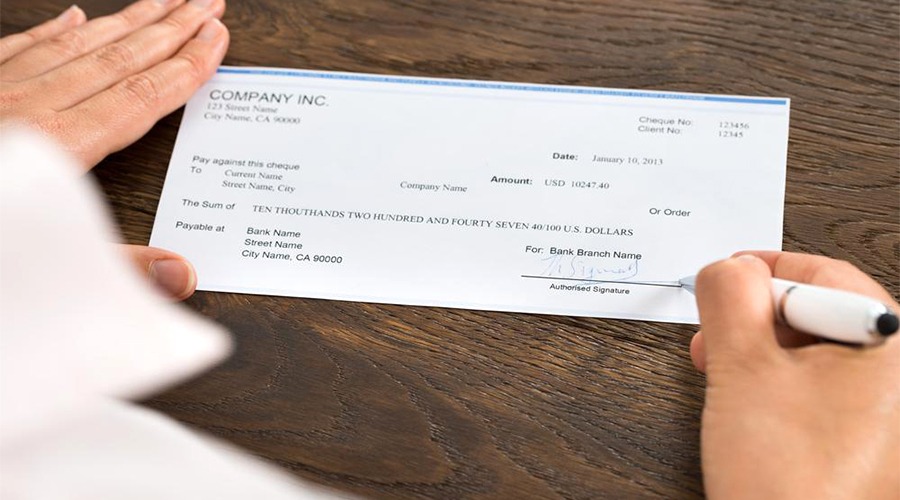If you have a disability that has rendered you unable to work, you may receive or be interested in applying for disability benefits. These benefits can be an essential source of financial support, and they can make a tremendous difference in relieving stress and worry about how you’ll provide for yourself and those you love.
If you are receiving benefits or considering pursuing a claim, you may wonder when benefits are paid and if they are ever paid early. Let’s take a closer look at the types of benefits available and when they are typically paid.
What Types of Benefits Are Available?
As you may know, there are two types of disability benefits provided by the Social Security Administration. These include:
- Social Security Disability Insurance (SSDI) Benefits: SSDI benefits are disability benefits that the Social Security Administration pays to individuals with a qualifying medical condition that has rendered them disabled for at least one continuous calendar year or more. In addition, those individuals must be “insured,” which means they worked a qualifying job for a sufficient length of time and paid a portion of their salary into the Social Security system.
- Supplemental Security Income (SSI) Benefits: SSI benefits, like SSDI benefits, are disability benefits intended for individuals with a qualifying medical disability that has rendered them disabled for at least one continuous calendar year or more. Unlike the case with SSDI benefits, those who receive SSI benefits need not be insured. However, they need to have income and resources below a certain threshold established by the Social Security Administration, which may change from year to year.
Payment dates will vary depending on the type of benefit you receive.
When Are Payments Usually Made?
Those who receive SSI benefits can usually plan for those benefits to be distributed on the first day of each month. If that first day falls on a weekend, payment will usually be made on the Friday before the first day of the month.
SSDI benefits have a different payment schedule, however. Payments are based on the recipient’s birth date. Typically, payments are made on the following schedule:
- 1st through the 10th of the month: Payment is made on the second Wednesday.
- 11th to 20th of the month: Payment is made on the third Wednesday.
- 21st through the 31st of the month: Payment is made on the fourth Wednesday.
A limited exception to the payment schedule based on birthdate exists for those individuals who began receiving SSDI payments before 1997. Those individuals will usually receive their payments on the first day of each month. If the first day falls on the weekend, the payment will be made on the preceding Friday.
Are Payments Ever Made Early?
Often, recipients want to know if payments are ever made early. Generally, the Social Security Administration maintains a fairly strict schedule of payments. As noted, for those who receive payments on the first day of the month, sometimes payments will be made early if the first day of the month falls on a weekend.
Likewise, for those who receive payments based on birthdate, if the Wednesday for the regularly scheduled payment falls on a federal holiday, payment will be made on the first preceding day that is not a federal holiday.
Beyond these limited exceptions, however, SSDI payments are generally made on the regularly scheduled date.
How Are Payments Usually Made?
Regardless of the date on which payments are made, many people also want to know how those payments are made. In the past, checks were often sent in the mail. Today, however, many beneficiaries opt to receive their payments through direct deposit instead.
There are two methods of direct deposit frequently used. These include:
- Traditional Direct Deposit: To utilize traditional direct deposit, recipients provide their banking information to the Social Security Administration, and on the payment date, benefits will be directly deposited into the account.
- “Direct Express”: This method is an excellent choice for those who may not want to use a traditional bank account. These individuals receive a debit card, and benefits are deposited onto that card each month.
Regardless of how payments are made, the most important first step is to ensure that you’ve applied for the benefits you need and deserve and are fully pursuing and asserting all of your rights. At Liner Legal, we’re here to help.
Liner Legal – Here For You
At Liner Legal, we are passionate about helping those who struggle with a disability fight for the benefits they need and deserve. We know that these benefits can make an important difference in your life. We also know that the law can seem complex and confusing at times. Living with a disability is difficult enough. You don’t need added legal stress and worry on top of it. Leave the legal matters to us instead. When you do, you’ll have the peace of mind that comes with knowing that we’ll always pursue the best legal strategies on your behalf. You deserve nothing less. If you’re ready to get started, give us a call today. We look forward to speaking with you soon.







